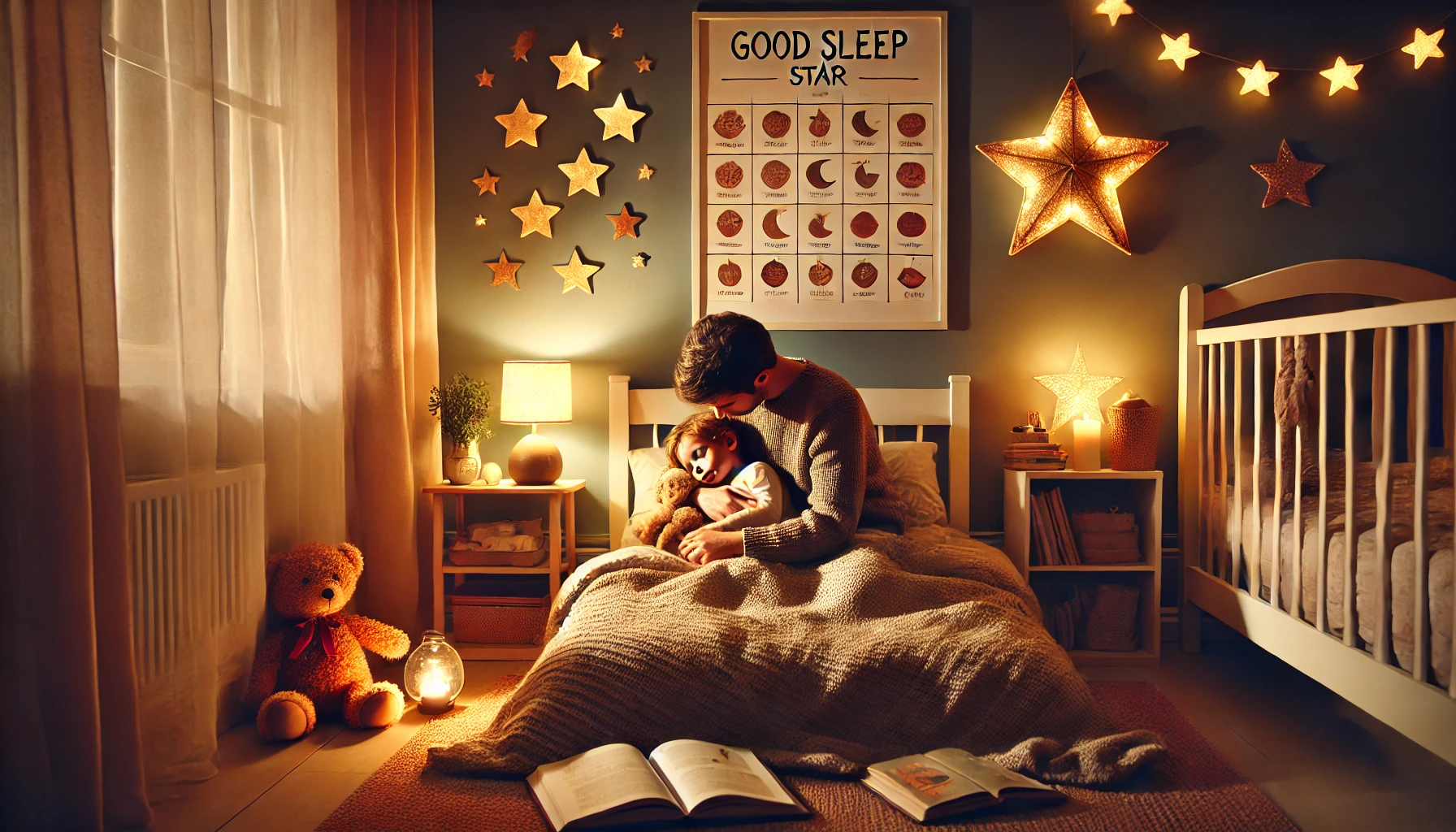How to Teach Young Children About the Importance of Sleep and Rest
Good sleep is just as essential for young children as healthy food and exercise. Sleep helps their bodies grow, strengthens their brains, and gives them the energy they need to play and learn every day. Teaching children about the value of rest builds lifelong habits that support their well-being, behavior, and emotional balance.
Why Teaching About Sleep Matters
- Supports physical growth and brain development
- Improves mood and emotional regulation
- Boosts memory and learning
- Promotes healthy routines and independence
- Helps prevent daytime fatigue and tantrums
1. Explain Sleep in Simple, Positive Terms
Make it relatable and friendly.
Activity Idea:
- Say: “Sleep is like charging your body’s battery!”
- Use toys: “Teddy sleeps at night too to get energy for tomorrow.”
- Ask: “How do you feel after a good night’s sleep?”
What Kids Learn:
- Sleep is helpful, not a punishment.
- Bodies need rest to grow and feel good.
- Awareness of rest and energy.
2. Establish a Calming Bedtime Routine
Consistency builds strong habits.
Activity Idea:
- Create a routine: bath, pajamas, storytime, and sleep.
- Use visual charts with pictures of bedtime steps.
- Keep the routine the same every night for comfort.
What Kids Learn:
- Predictability helps them relax.
- Sleep signals from routine activities.
- That bedtime can be peaceful and enjoyable.
3. Make the Bedroom a Cozy Sleep Space
Environment matters.
Activity Idea:
- Use soft lighting and cozy blankets.
- Play soothing sounds like gentle music or white noise.
- Let your child choose a special bedtime toy.
What Kids Learn:
- Comfort and security in their sleep space.
- Association between environment and sleep.
- Personal responsibility for their bedtime routine.
4. Read Books About Sleep
Stories make bedtime enjoyable.
Activity Idea:
- Read books like Goodnight Moon by Margaret Wise Brown or The Going to Bed Book by Sandra Boynton.
- Create a bedtime story together: “Let’s make a story about your stuffed animal going to sleep.”
- Keep favorite bedtime books near the bed.
What Kids Learn:
- Calming rituals around sleep.
- Emotional connection to bedtime.
- Language about rest and relaxation.
5. Teach Relaxation Techniques
Help their bodies and minds settle.
Activity Idea:
- Practice gentle breathing: “In through the nose, out through the mouth.”
- Try progressive relaxation: “Let’s make our toes sleepy, then our legs…”
- Use mindfulness: “Think of three nice things from today.”
What Kids Learn:
- Self-soothing tools for bedtime.
- Body awareness and relaxation.
- Calming strategies for quiet moments.
6. Talk About Why Sleep Is Important
Understanding builds cooperation.
Activity Idea:
- Say: “Sleep helps your brain remember what you learned today!”
- Share examples: “When we sleep, our bodies grow strong.”
- Ask questions: “What fun things will you dream about tonight?”
What Kids Learn:
- The benefits of sleep in their daily life.
- Curiosity about dreams and rest.
- Motivation for healthy sleep habits.
7. Avoid Overstimulating Activities Before Bed
Wind-down time is key.
Activity Idea:
- Avoid loud games or screens right before bed.
- Choose quiet play like puzzles or coloring.
- Dim lights 30 minutes before sleep.
What Kids Learn:
- That winding down helps with sleep.
- The difference between active and restful times.
- Awareness of body cues for tiredness.
8. Celebrate Sleep Successes
Positive reinforcement builds habits.
Activity Idea:
- Use a “Good Sleep Star” chart to celebrate restful nights.
- Reflect in the morning: “Did you have sweet dreams?”
- Praise: “You slept so well—you’re ready for a great day!”
What Kids Learn:
- Pride in healthy routines.
- Motivation to maintain bedtime habits.
- Positive association with sleep.
Final Thoughts
Teaching young children about the importance of sleep and rest sets the foundation for a healthy, balanced life. Through calming routines, cozy environments, and playful learning, children discover that rest helps them feel their best. When kids understand why sleep matters, bedtime becomes not a battle—but a beautiful, restful ritual.
